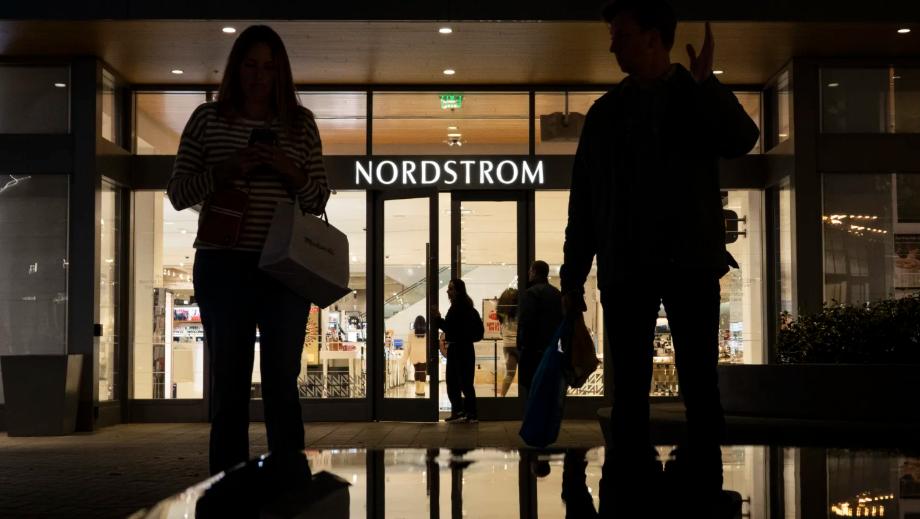
In a recent report published this week, the Conference Board claimed that consumer confidence fell further this month, while measures of expectations for the future also fell to the lowest level in 12 years. Stephanie Gichard, senior economist at the Conference Board's Global Indicators, conducted a survey based on U.S. President Donald Trump's plan to impose tariffs on U.S. imports and exports. Not only that, but in addition to a general decline in consumer confidence, stock market prices are also falling sharply, and the number of job layoffs in the labor market is rising. The current situation is partly influenced by Trump's tariff policy.
And the current decline in consumer confidence is not all due to the impact of Trump's tariffs. In the current economic environment, the decline in consumer confidence is closely related to changes in income levels and the job market. Many industries, especially the technology and services sectors, have undergone large-scale layoffs and restructurings, which have not only affected the current employment situation but also cast a shadow on future employment prospects. The turmoil in the job market has made consumers worry about the stability of their future earnings, which in turn has affected their spending behavior and confidence. Rising prices and the rising cost of living are also one of the main reasons for the decline in consumer confidence, taking the rise in food and energy prices as an example, changes in the prices of such items will directly affect the daily expenses of households, so that many households have to cut back on non-essential goods and even affect the basic quality of life.
The decline in consumer confidence will also have a great impact on the development of society, first of all, it will directly lead to a decrease in consumer consumption. The decrease in consumer consumption will directly affect the sales and profits of enterprises, and the decrease in consumer consumption may lead to manufacturing companies facing a situation where they cannot make ends meet, and in order to cope with this situation, enterprises may reduce the scale of production or even lay off employees, which will further exacerbate the problem of unemployment. Rising unemployment, in turn, weakens consumer confidence, creating a vicious circle. Second, a decline in consumer confidence will also affect investor confidence. Investors may reduce investment due to concerns about the economic outlook, which will affect the financing environment of enterprises to a certain extent, leading to turbulence in the capital market, and the reduction in investment activities will further inhibit the growth potential of the economy.
In order to deal with the decline in consumer confidence, the government should adopt a proactive fiscal policy and a prudent monetary policy in a timely manner. Expand fiscal spending and increase investment in key areas such as infrastructure, education, and health care to create more jobs. At the same time, interest rates and money supply should be moderately adjusted to promote capital flows and investment, thereby stimulating economic growth. In addition, the Government may consider disbursing consumption vouchers or implementing tax reduction measures to stimulate residents' consumption potential and enhance market vitality. Strengthening international cooperation and promoting trade liberalization and investment facilitation are also important ways to promote economic recovery. Enterprises should enhance product quality and service levels by enhancing innovation capabilities, optimize internal management to reduce costs, improve efficiency, and enhance profitability.

報告顯示,中國電力投資加速增長,預計2024年電網基建投資將超過5300億元。
近日,市場迎來了一則引人注目的消息:工業巨頭3M公司(MMM.N)在本周五公布了其季度業績報告,隨後股價飆升至近兩年來的
最近,外媒給OpenAI算了筆賬,今年可能要血虧50億美元。
近日,巴黎奧運會和世界鐵人三項協會聯合發布了一項重大決定,宣布因塞納河水質污染問題,原定於近期進行的奧運會鐵人三項首次下
當地時間7月18日,法國巴黎發生了一起令人震驚的持刀襲警事件。
近期,一則重大消息在國際舞臺上引起軒然大波,馬來西亞宣布加入金磚國家。
調查發現,互聯網和智能手機的使用幹擾了韓國近五分之一學生的生活。